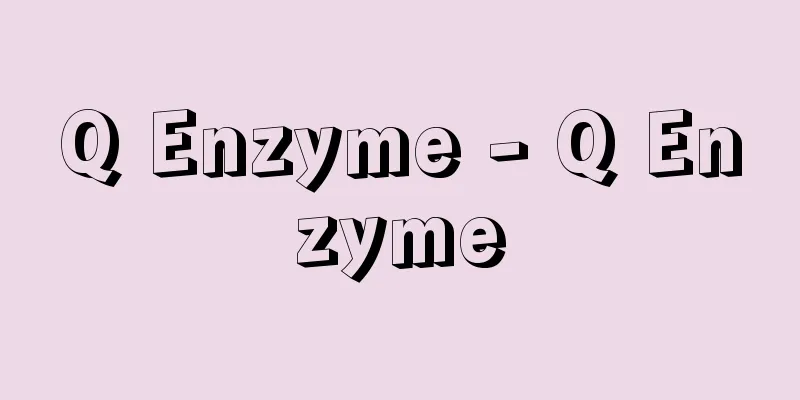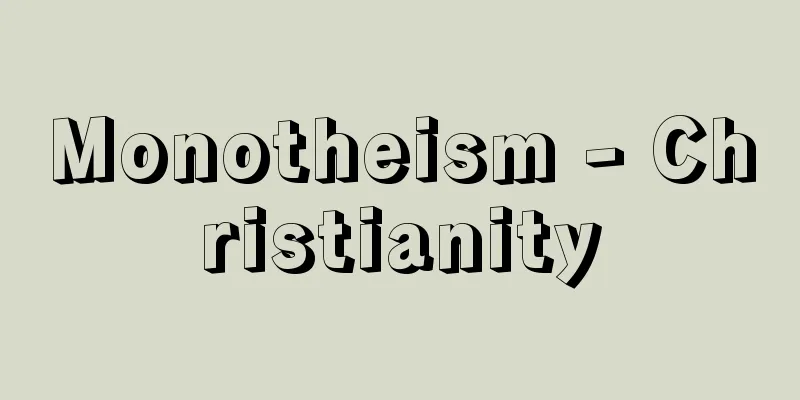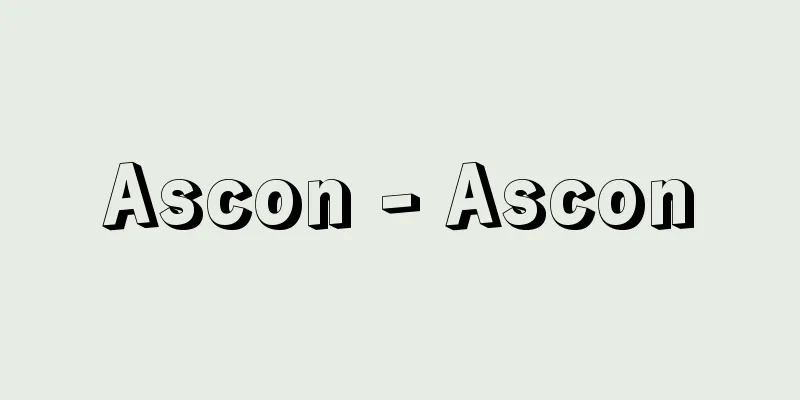Gamete - Haigushi (English spelling)

|
A reproductive cell that is produced by organisms of different sexes and combines with each other to generate a new individual. It comes from the Greek word gamete, which means husband and wife. A cell formed by the fusion of two gametes or single-celled organisms, or a cell formed by the union of two gametogenic organs (gametangia) found in green and brown algae, is called a zygote. The fertilized egg of an animal or plant is a zygote. When gametes are formed, they become haploid cells with half the number of chromosomes. In some algae, meiosis occurs when a zygote germinates. Ferns have a sexual generation that produces gametes and an asexual generation that produces spores. Meiosis occurs during spore formation. When a spore germinates into a prothallus, archegonia and antheridia are produced, but a ferns with multiple chromosomes is produced from a fertilized egg and sperm. When male and female gametes are morphologically and functionally different cells, such as an egg and sperm, they are called heterogametes. In green algae such as Chlamydomonas and many foraminifera, the gametes that fuse are morphologically identical and are therefore called homogametes. After the gametes fuse, they develop into new individuals, but sometimes they undergo parthenogenesis, which is when the gametes fuse together and develop independently. [Takasugi Akira] Source: Shogakukan Encyclopedia Nipponica About Encyclopedia Nipponica Information | Legend |
|
性を異にする生物からつくられ、互いに合体して新しい個体を発生させるための生殖細胞をいう。夫婦を意味するギリシア語のガメートgameteに由来する。2個の配偶子または単細胞生物が合体してできた細胞、あるいは緑藻類や褐藻類でみられる2個の配偶子形成器官(配偶子嚢(のう))が結合して生じた細胞を接合子という。動植物の受精卵は接合子である。配偶子が形成されるときに、染色体が半減した単相細胞になる。藻類のなかには、接合子が発芽するときに減数分裂のおこるものもある。シダ植物では配偶子をつくる有性世代と、胞子をつくる無性世代がある。減数分裂は胞子形成のときにおこる。胞子が発芽して前葉体になると造卵器と造精器ができるが、卵と精子の受精卵からは倍数染色体のシダ植物になる。雌雄の配偶子が卵と精子のように形態的、機能的に異なった細胞であるとき、これらを異型配偶子という。クラミドモナスのような緑藻類や多くの有孔虫類では、合体する配偶子に形態的に差が認められないので同型配偶子という。配偶子は接合してから新個体に発生するが、ときには単独で個体発生をする単為生殖を行うこともある。 [高杉 暹] 出典 小学館 日本大百科全書(ニッポニカ)日本大百科全書(ニッポニカ)について 情報 | 凡例 |
Recommend
A`yân (English spelling)
In Islamic history, it refers to a central figure,...
Production cost - production cost
The total price paid for production factors such a...
Edo Jobutsu
The latter include the 48 vows of Amida Buddha in...
long-tailed duck
…The male has a long tail. For this reason, it is...
Benzoyl chloride
A carboxylic acid chloride. A colorless liquid wi...
Picking at your own will - Picking at your own will
...When the fishing port is opened, the collectiv...
Evans, Sir Martin J.
Born January 1, 1941. Stroud. British scientist. H...
Fujinomori Festival - Fujinomori Festival
This is the annual festival of Fujimori Shrine in ...
Grierson, GA
... It is easy to predict that the linguistic sit...
Rice Ceremony - Inasakugirei
This refers to the magical and religious rites pe...
Avant-garde
〘 noun 〙 (avant-garde, military term meaning "...
Tala'at Harb (English spelling) Ṭal'at Ḥarb
1867‐1941 An Egyptian Islamic thinker and a pionee...
Kitahama Primeval Flower Garden
Also known as Koshimizu Primeval Flower Garden. Lo...
Ganja (place name) - Ganja
...An industrial city in the western part of the ...
Remak, Robert
Born: July 26, 1815. [Died] August 29, 1865. Germa...









